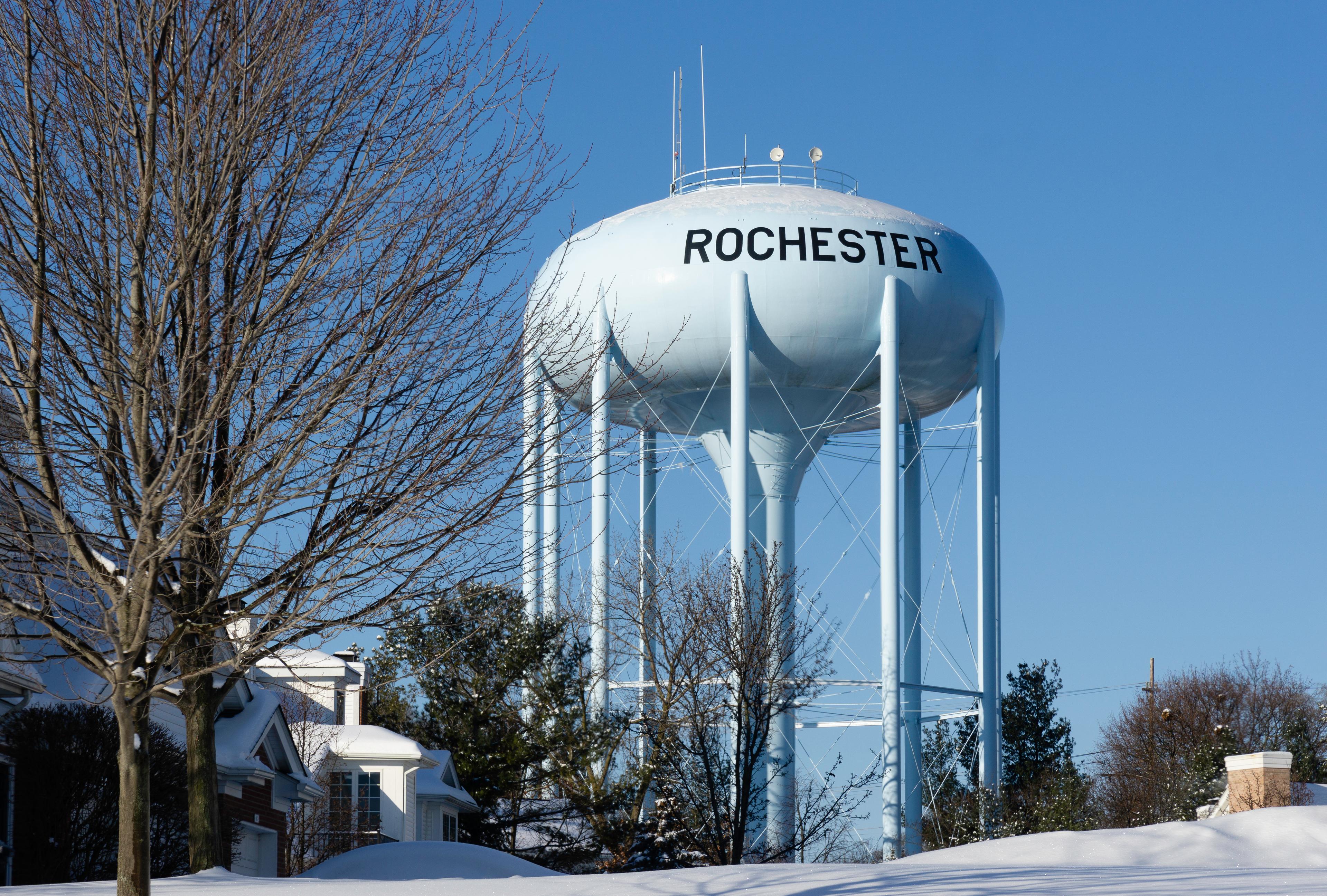Music Hall – Detroit: An Inside Look

Barry Prichard
| 4 min read
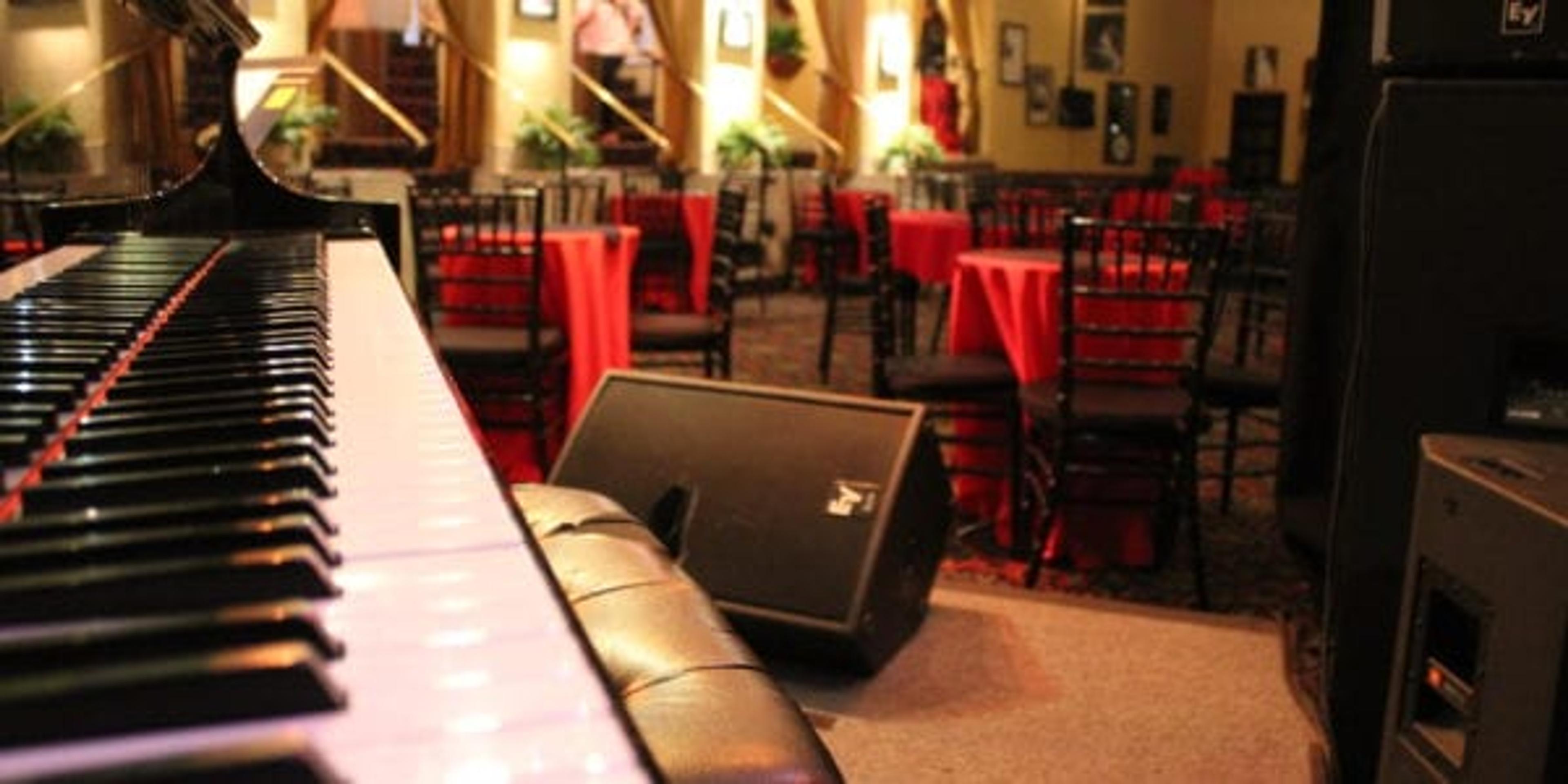
Music Hall, under the name The Wilson Theatre, opened on December 8, 1928, with a production of Rosalie by Florenz Ziegfeld. The theater was the brainchild of Mrs. Dodge Wilson, who traveled through Europe with her architect seeking the greatest theaters for inspiration. Her aim was to provide downtown Detroit with a theater in the same league as those in London.
Much of the original decor remains to this day, including wood paneling, drapes, and torchieres. You can also find The Wilson Theatre logo on iron work in the opera boxes and the Jazz Café terrace.
History of Music Hall
Wilson Theater became Music Hall in 1944, when Henry Reichhold purchased the building and changed the name with the intent of providing the Detroit Symphony Orchestra with a permanent home. The theater was later resold, in 1953, to Mervyn Gaskin, an executive of a steel company. It became the second largest Cinerama in the world, with a huge curved screen, three synchronized projectors, and seven stereo sound channels.
In 1971, Michigan Opera Theater moved in to Music Hall and stayed until 1985. The theater almost met disaster in 1974, when it was scheduled for demolition, but was saved by Detroit Renaissance, Kresge Foundation, and the new board at the theater. Music Hall then became a nonprofit performing arts center.
More recently, in 1995, the theater received a major renovation, at a cost of $6.5 million, regaining the splendor Mrs. Wilson envisioned. In 2006, the Jazz Café on the lower level was added, providing national and local artists with a space to perform, and April 2013 saw the addition of the rooftop 3Fifty Terrace.
Music Hall Today
Situated on 350 Madison Ave, Music Hall is in the heart of the best-selling entertainment district, together with two stadiums and six other theaters. Open to everyone, it is often called “the people’s theater.” Its motto: Practice Your Cool. Perfect Your Cool reflects the theater’s mission: to provide the community of Detroit with innovation and quality through performing arts and education.
Every year, around 200,000 people visit Music Hall, including 22,000 students through five educational programs. The theater has possibly received more world-renowned performers than any other in the United States.
Key Facts
- Alex L. Parrish is Chairman of the Board and Vincent C. Paul is President and Artistic Director
- Music Hall is on the National Register of Historic Places and is a member of the League of Historic Theaters
- The main floor has a capacity for up to 1,731 patrons, the Jazz Café space for another 100, and 3Fifty Terrace space for 100
- With 80 trustees, 30 active corporate partners, 75 community collaborations, 500 vendors, 3,200 artists, 25 full-time and 225 part-time employees, 300 volunteers, $12 million in local economic impact, 1 million web hits, and 50,000 weekly email subscribers, Music Hall has an enormous impact on its community
Other Music Hall Spaces:
Jazz Café
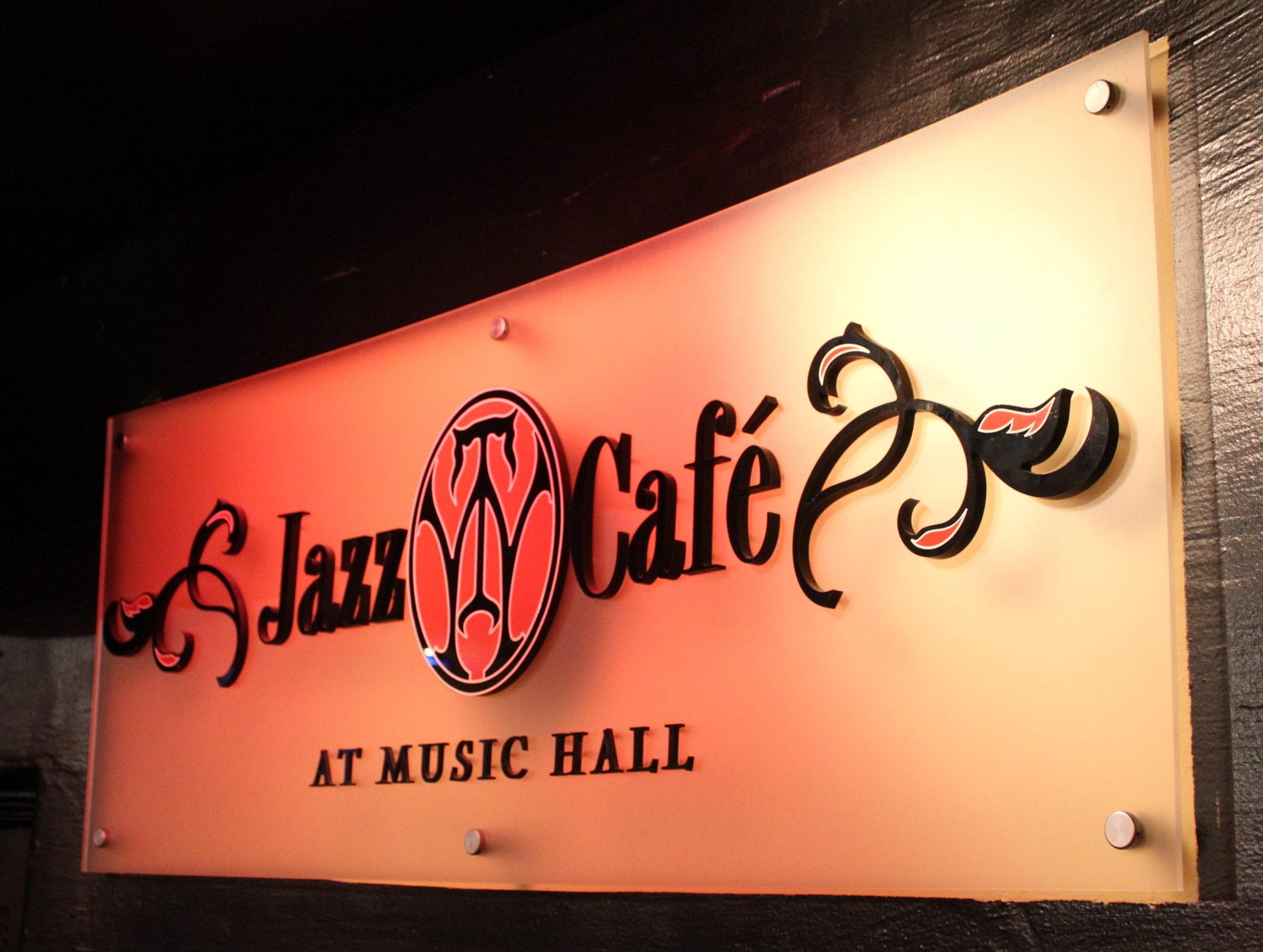
Photo Credit: Barry Prichard, A Healthier Michigan
Available for private events, Jazz Café is ideal for performances, networking events, wedding receptions, and album release parties. There are also shows every day of the week, including a monthly comedy night on Wednesdays and weekly jam session on Sundays.
3Fifty Terrace

Photo Credit: Courtesy image, Music Hall
Detroit’s premiere rooftop nightclub for VIP service and special events. Located on the rooftop of Detroit’s historic Music Hall, 3Fifty Terrace features 10,000 square feet of unique rooftop and open air space to host your night out or special event. The space includes a full array of amenities to host any type of event from birthday parties to corporate or nonprofit events. The 3Fifty Terrace is open to the public from Thursday to Sunday.
Music Hall is only able to continue providing programming that appeals to the diverse cultures of Southeast Michigan thanks to support from donors, corporate sponsors, and foundations like the Matilda R. Wilson Fund and Masco Foundation.
Editor’s note: This content was originally published on musichall.org, used with permission. This blog post is part of a series highlighting music venues across Michigan and the communities that enjoy them.
Check out more photos of the Music Hall below:
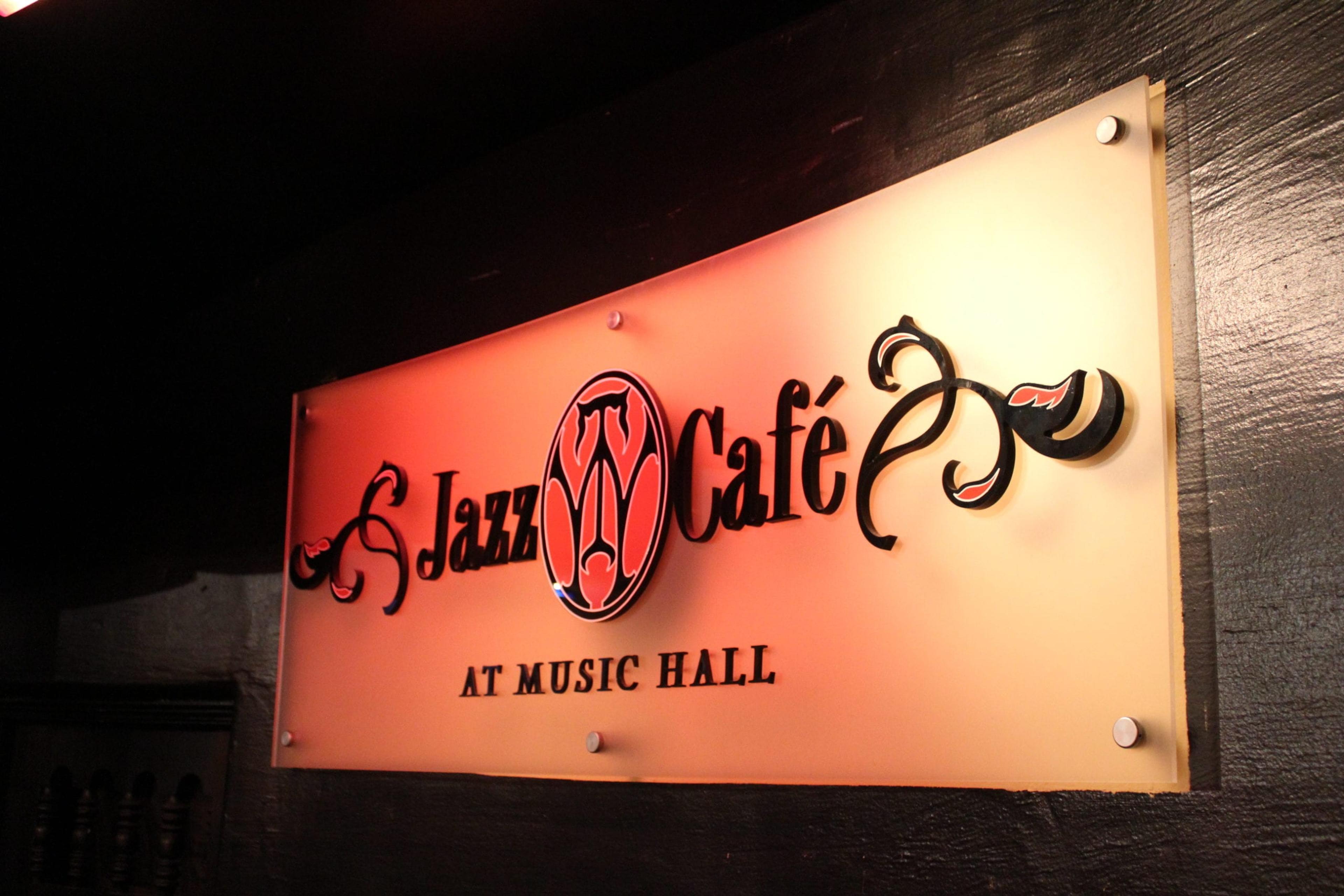
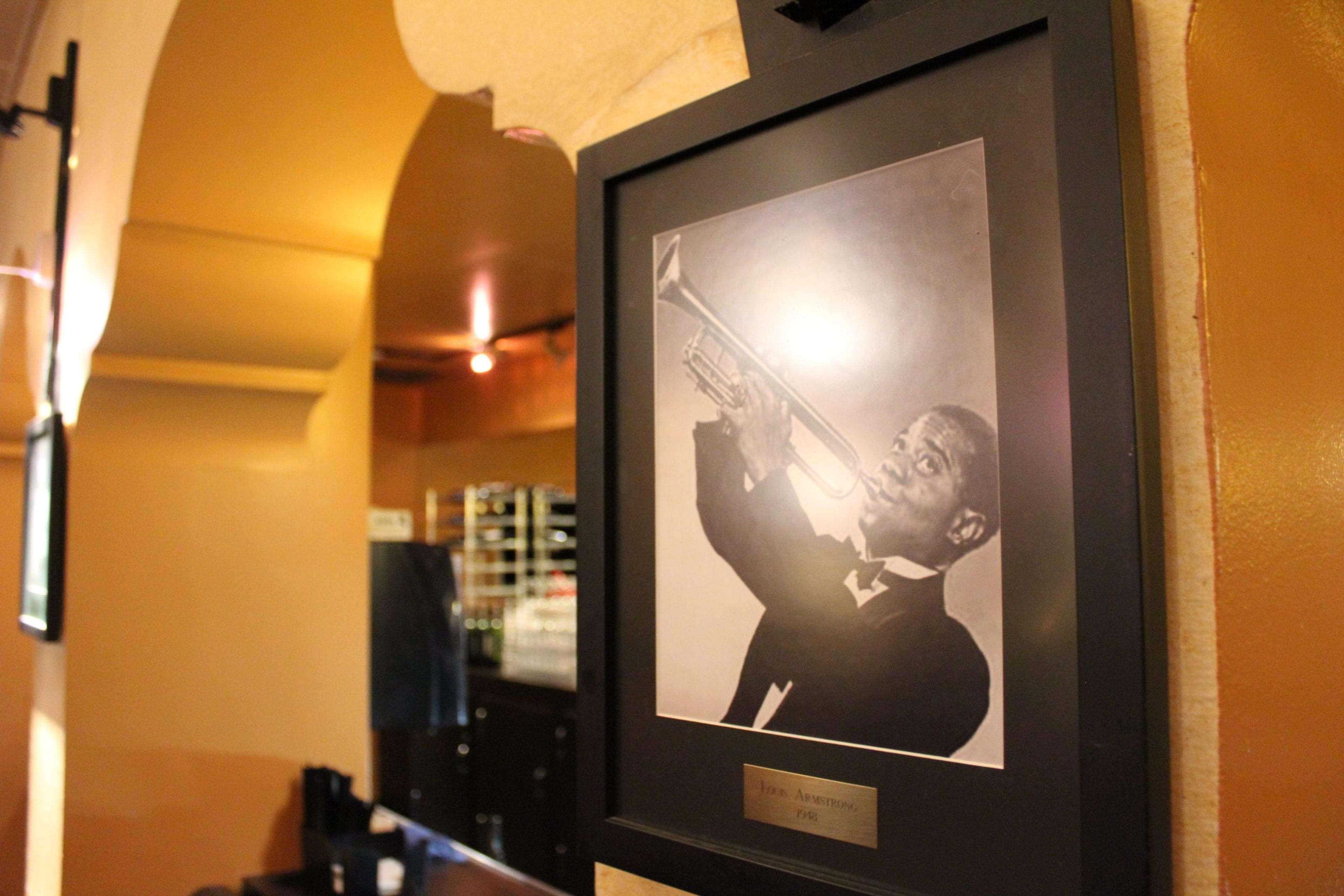
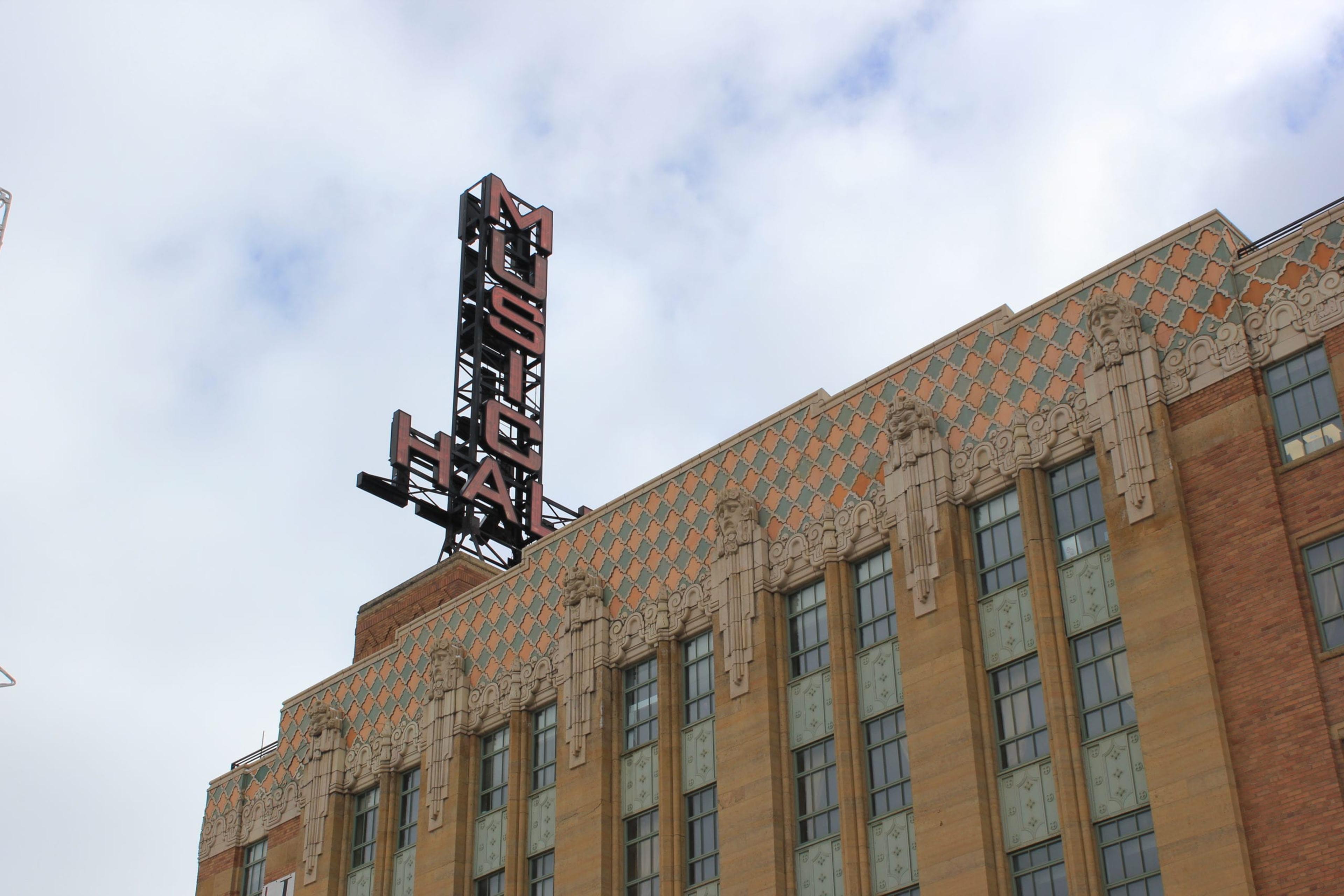
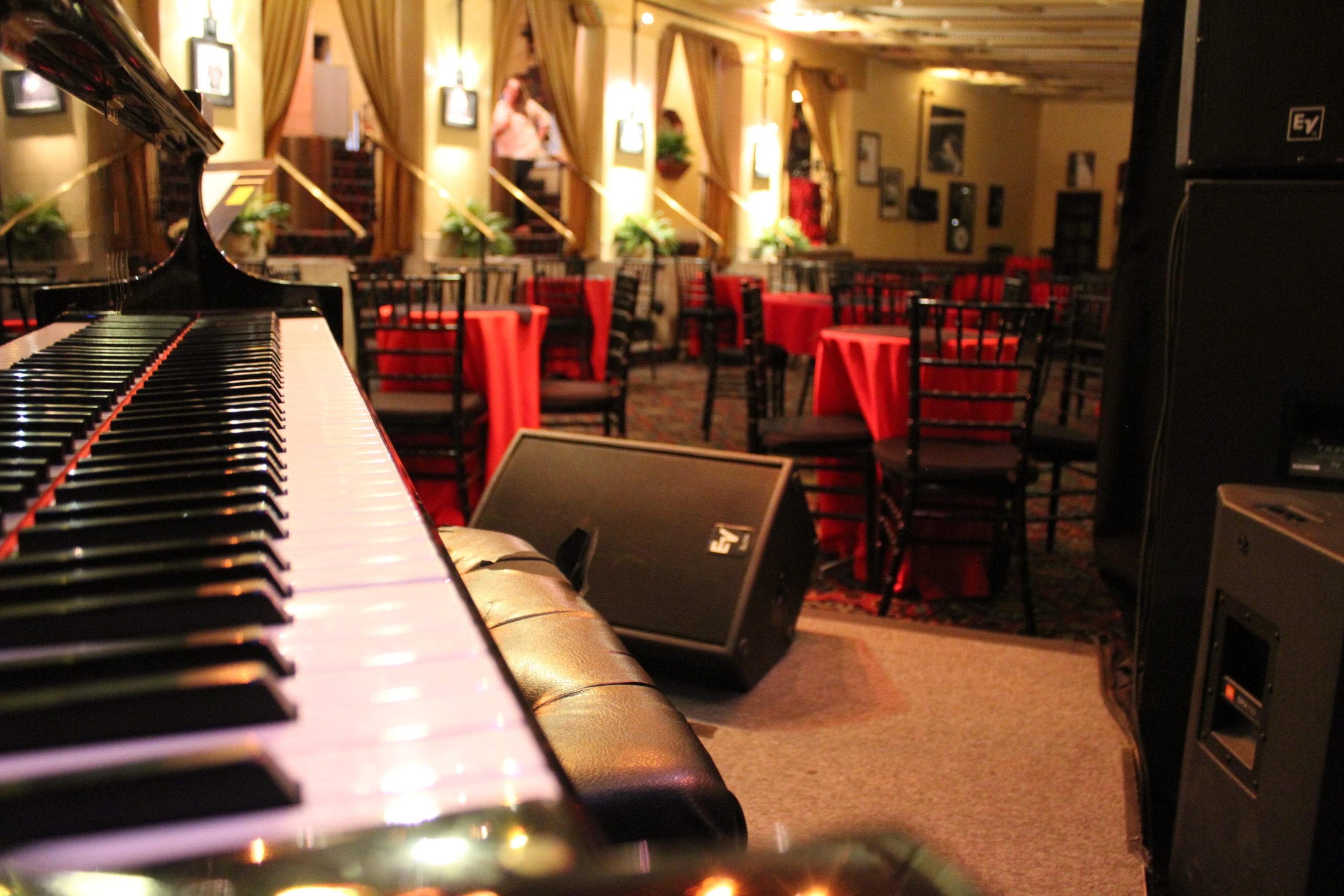
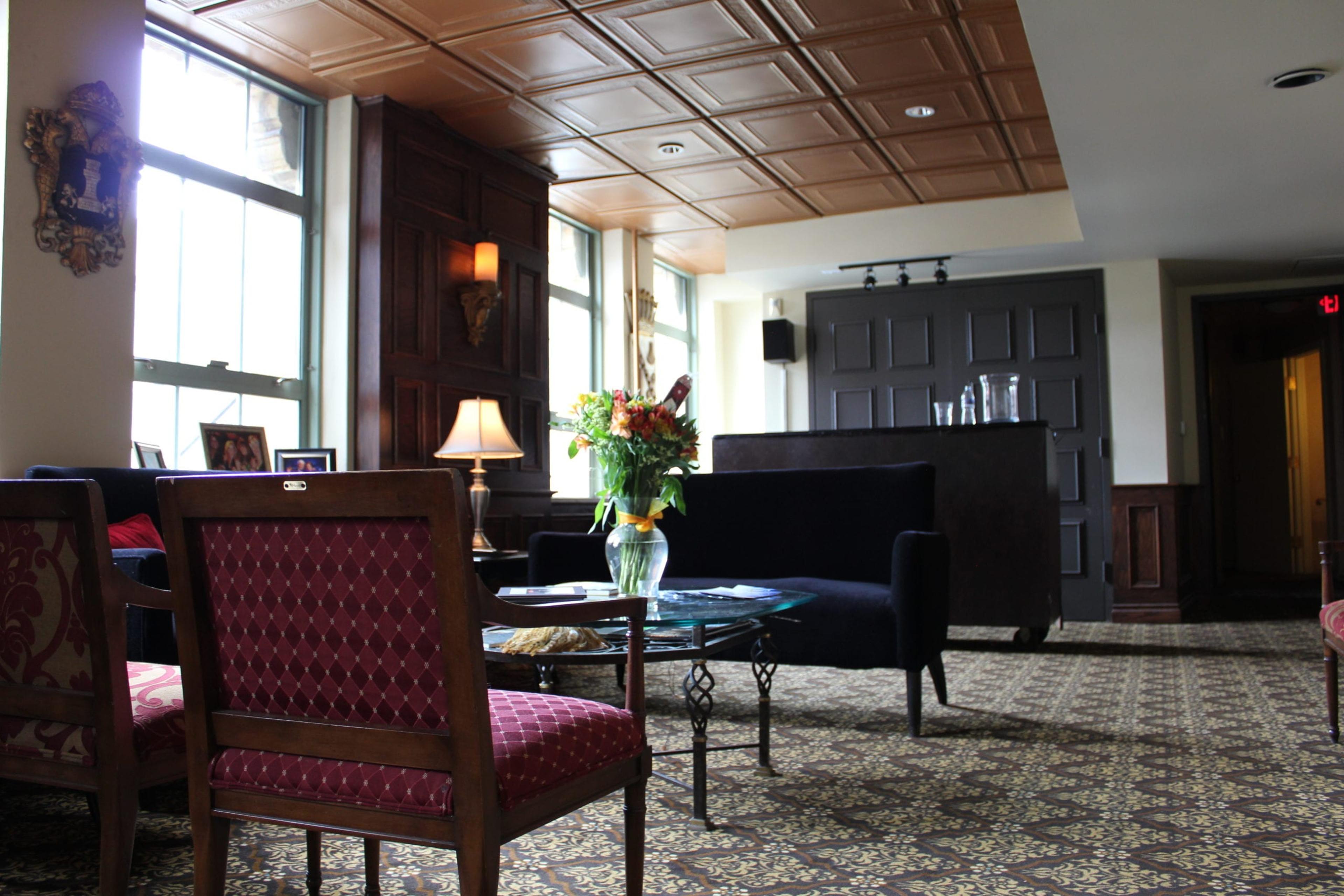
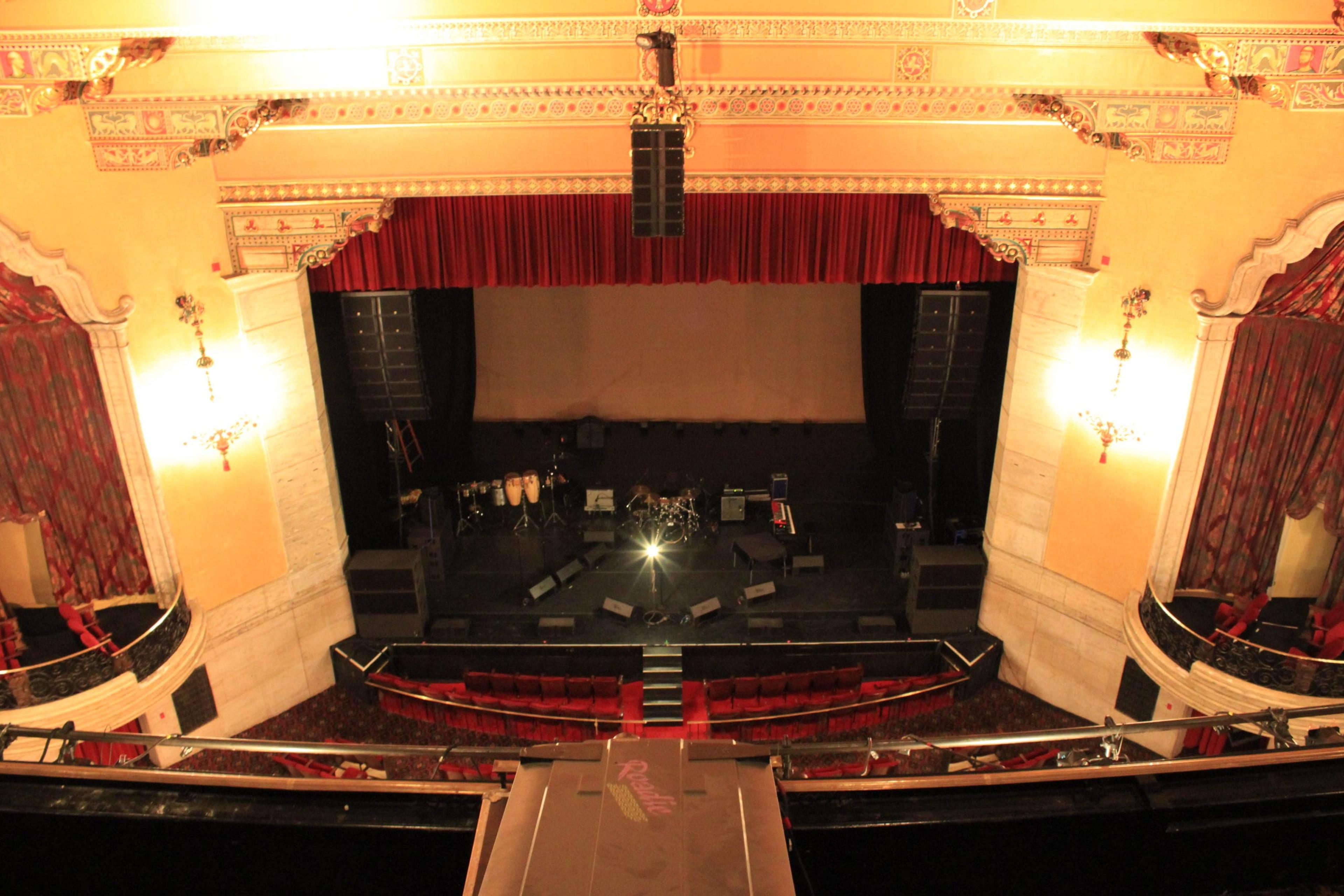
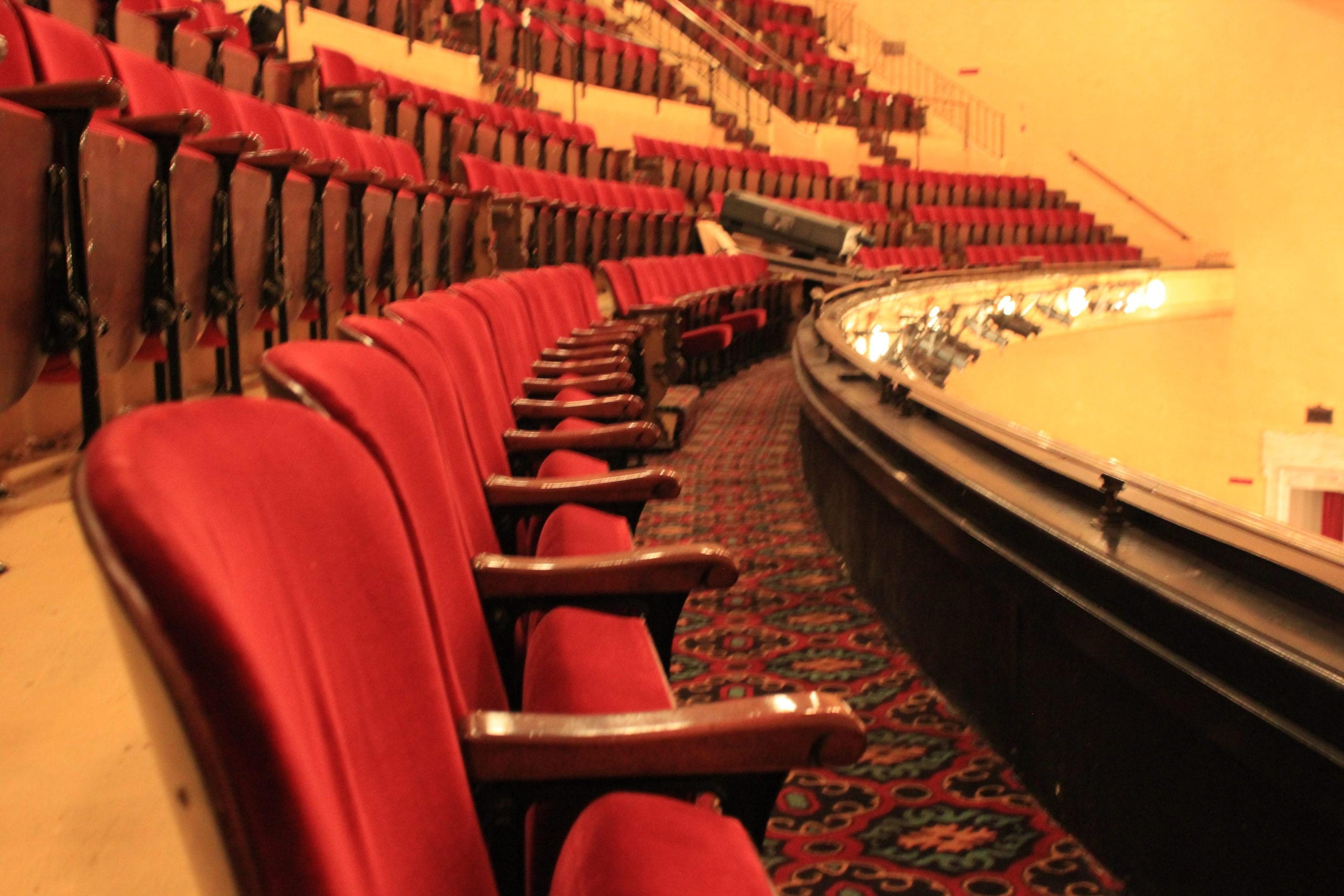
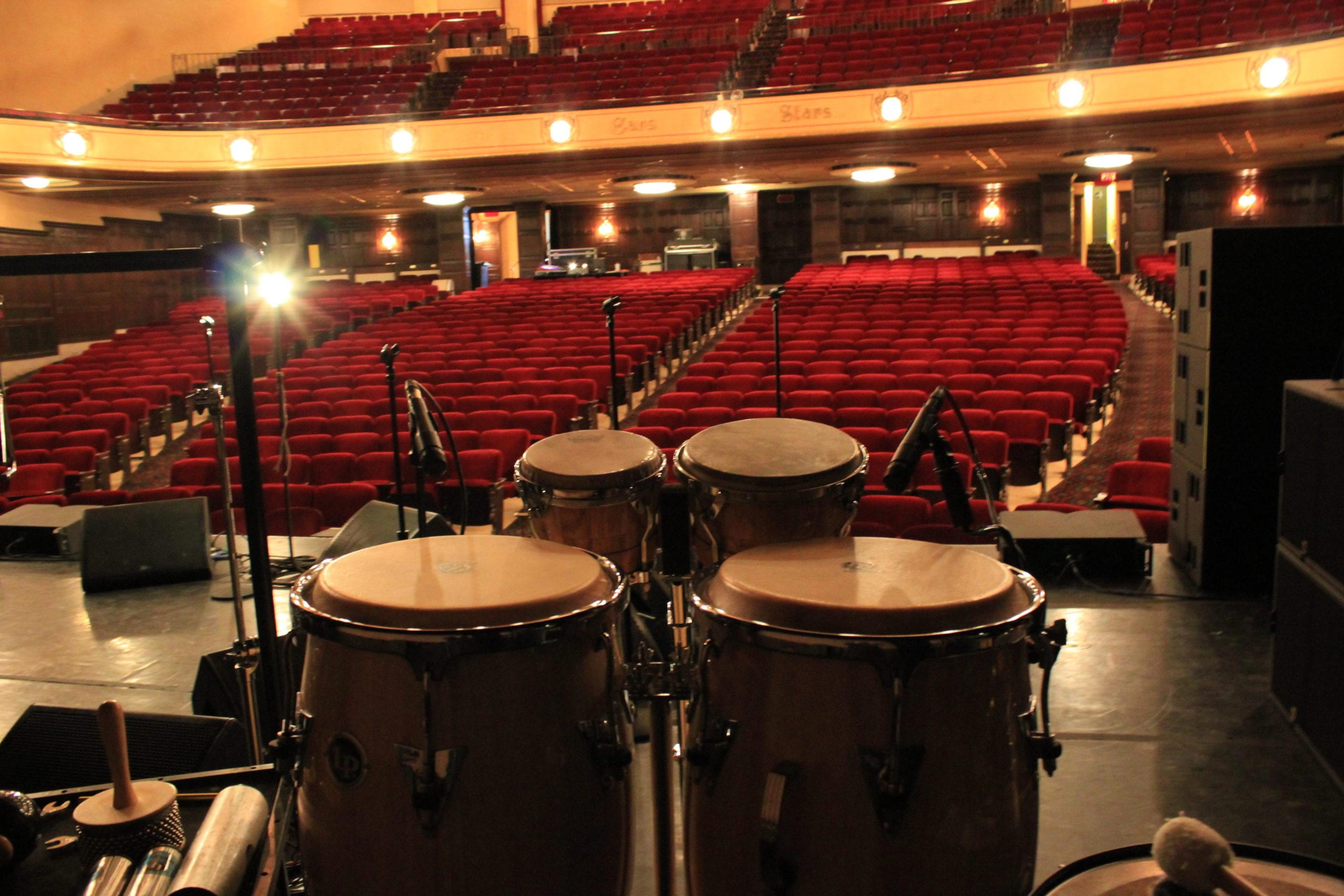
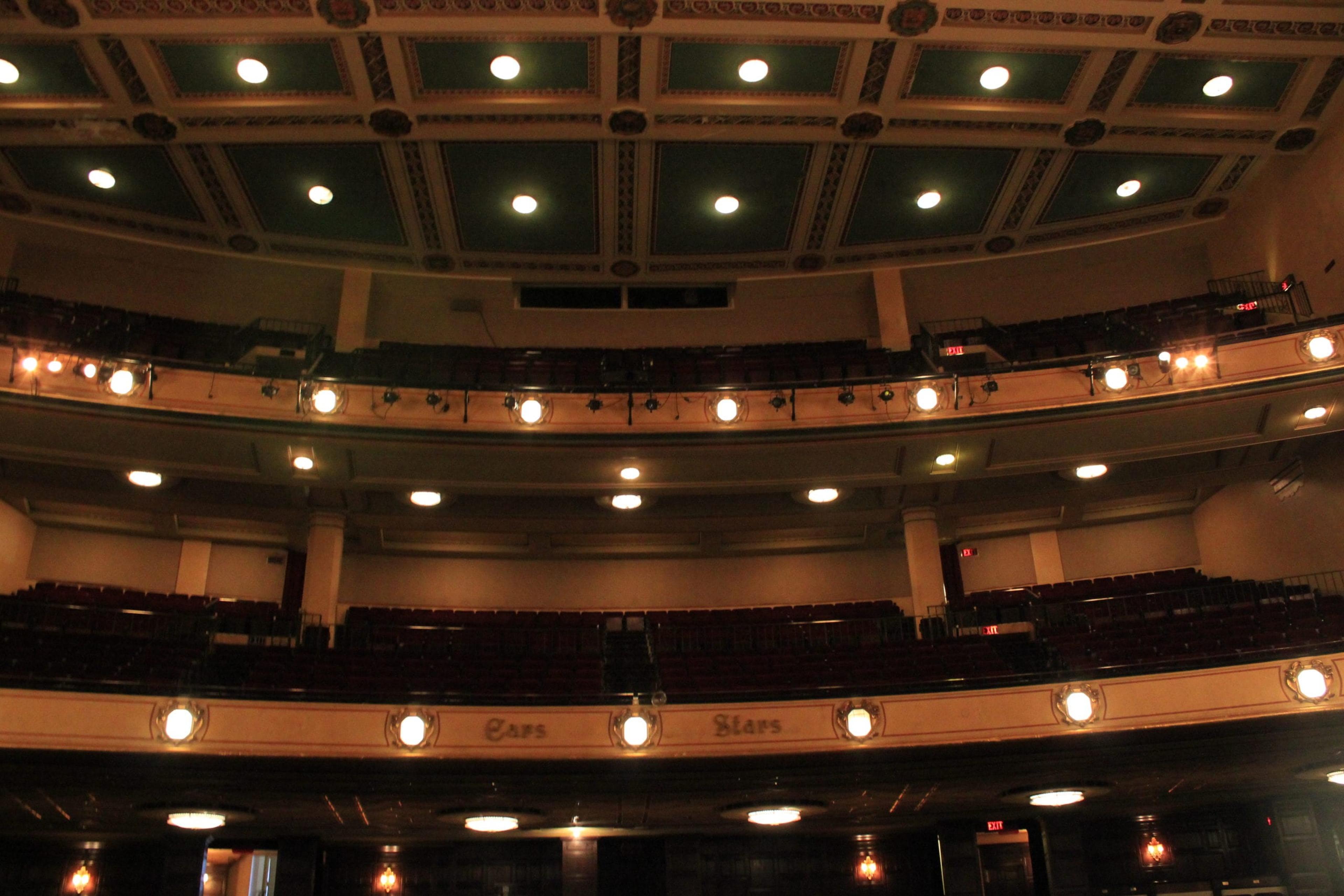
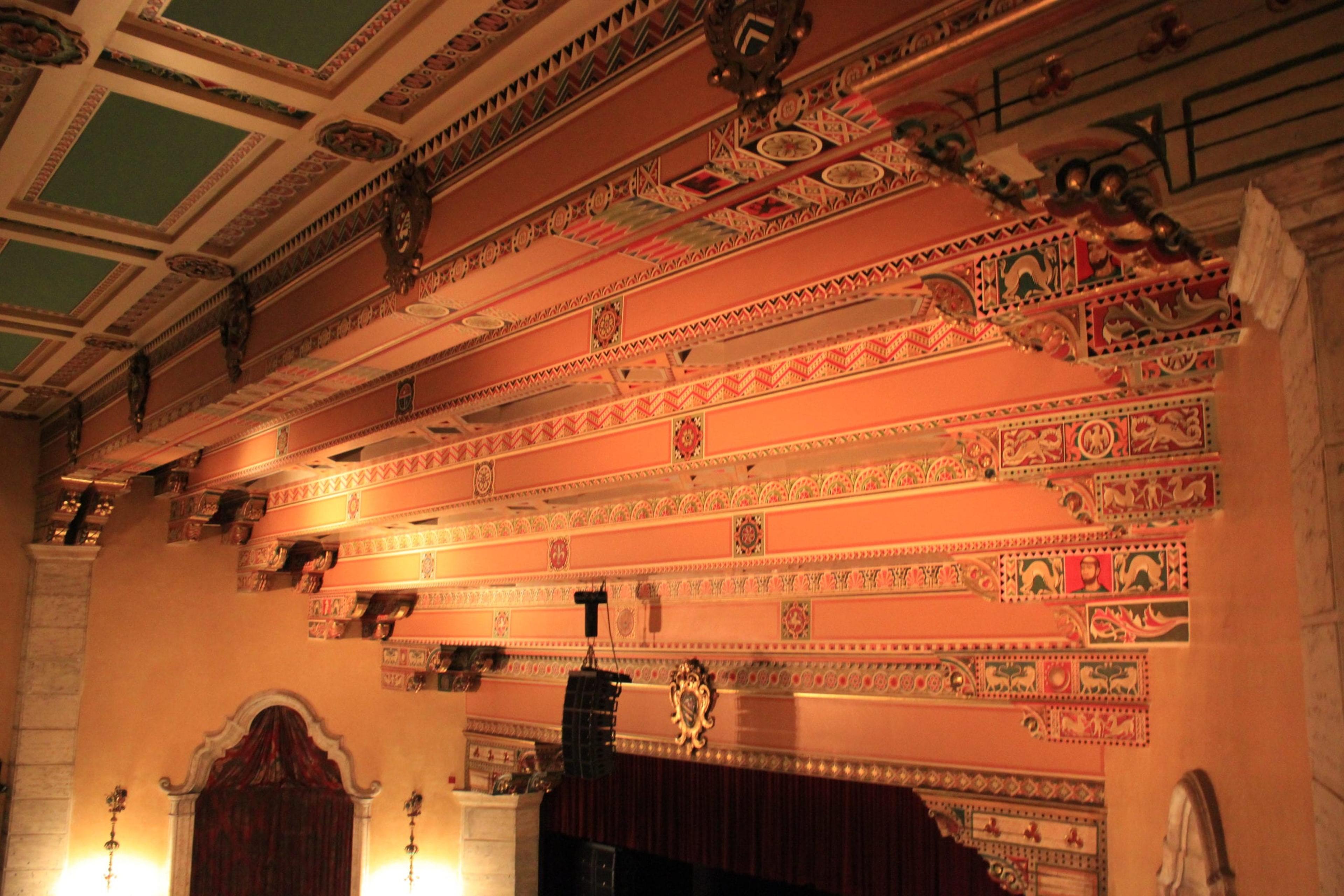


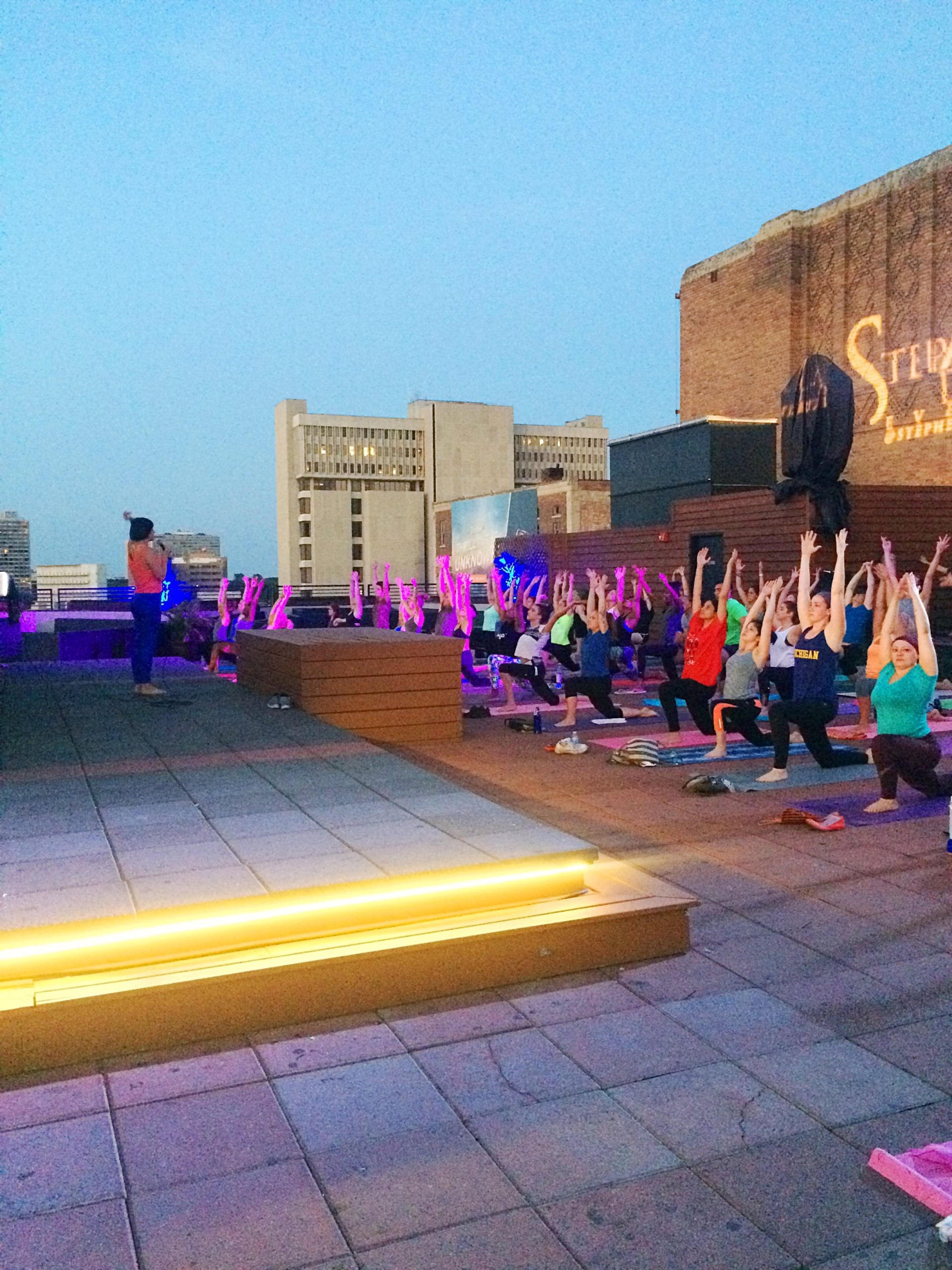
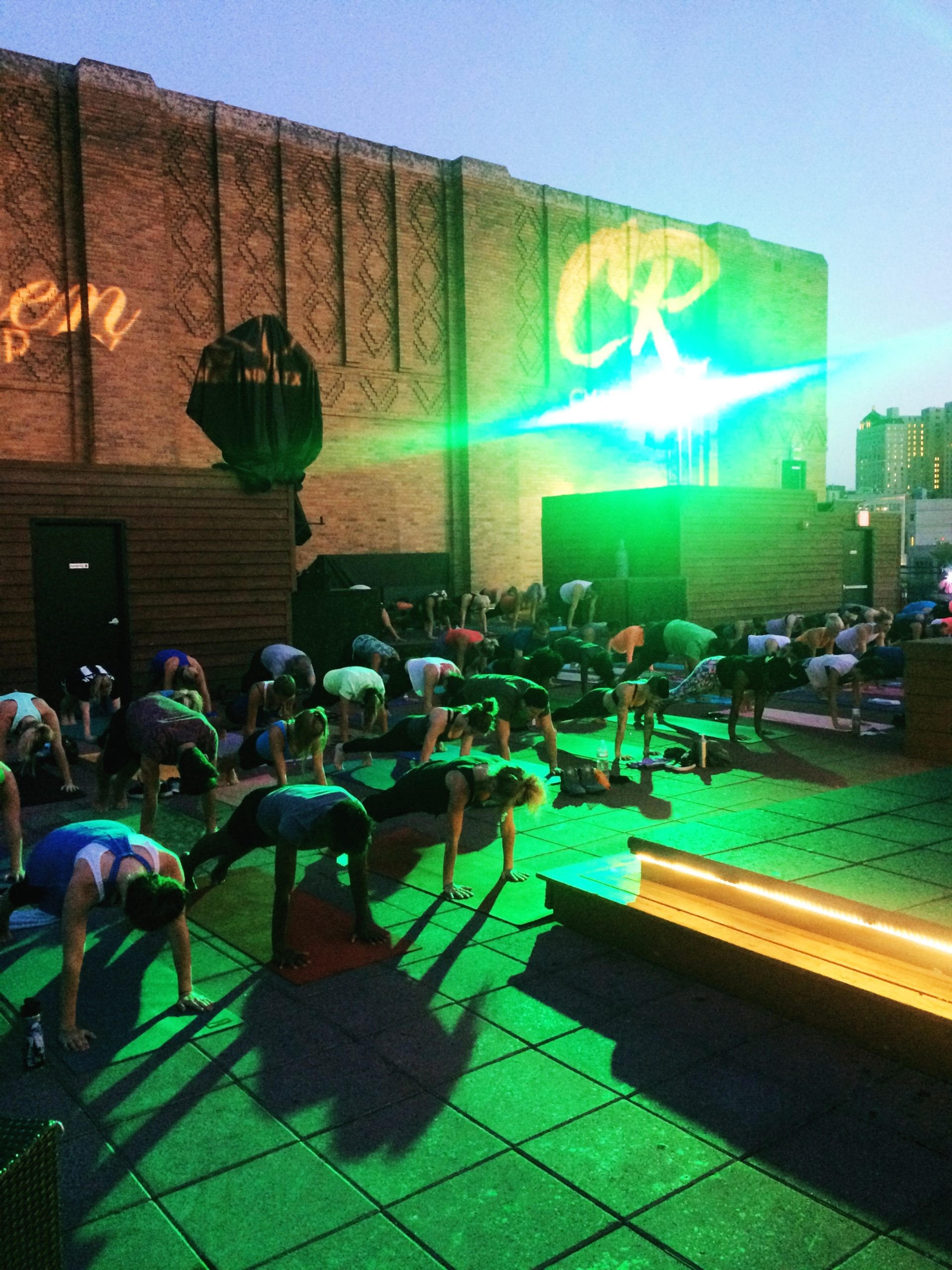
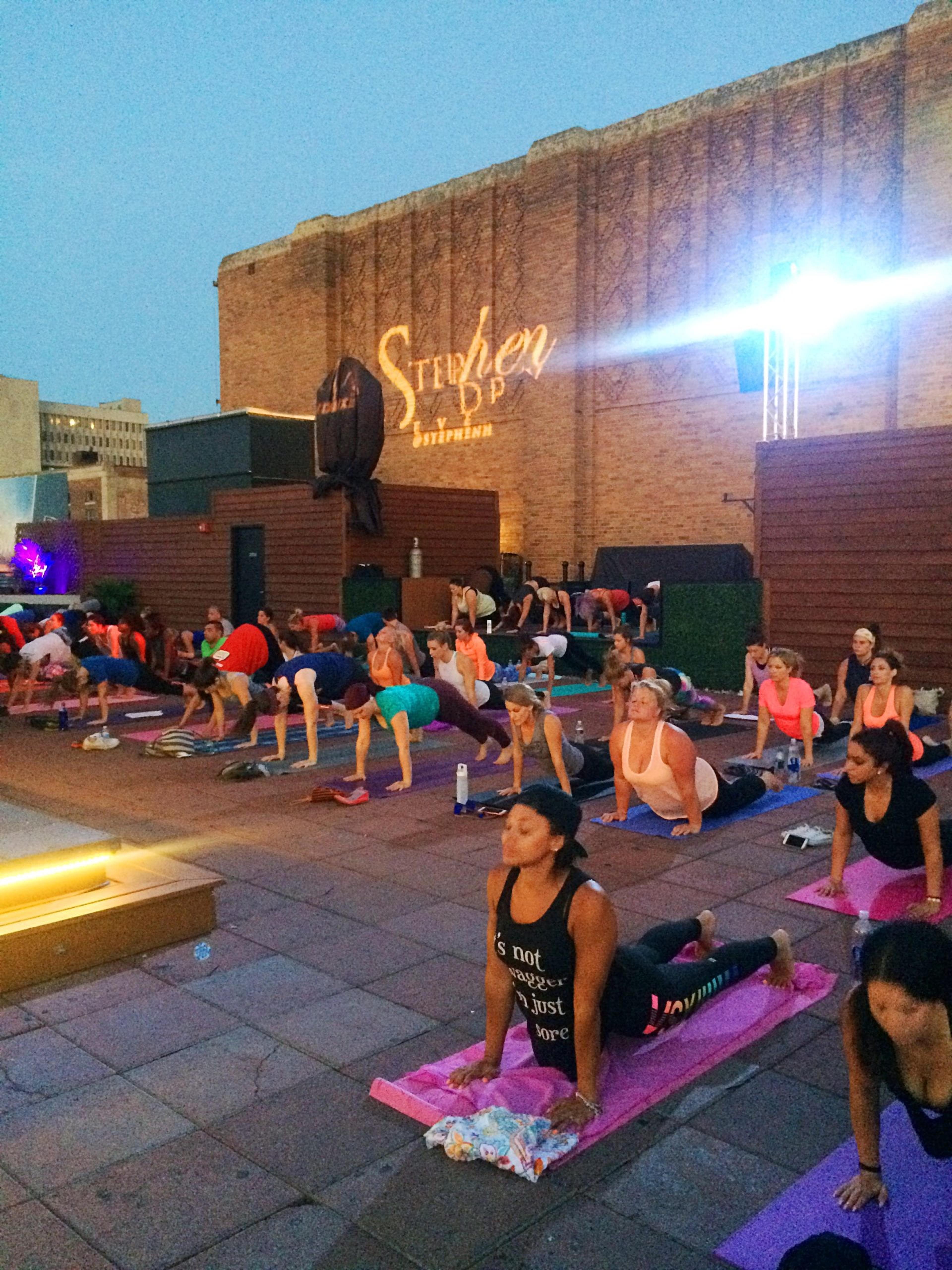

Music Hall - Detroit - Jazz CafeMusic Hall - Detroit - Jazz Cafe Music Hall - Detroit Music Hall - Detroit - Jazz Cafe Music Hall - Detroit Music Hall - Detroit Music Hall - Detroit Music Hall - DetroitMusic Hall - Detroit Music Hall - Detroit 3fifty Terrace - Music Hall Detroit3Fifty Terrace - Music Hall Detroit3Fifty Terrace - Music Hall Detroit3Fifty Terrace - Music Hall Detroit3Fifty Terrace - Music Hall Detroit3fifty Terrace - Music Hall Detroit
Photo Credit: Barry Prichard & Music Hall Staff



